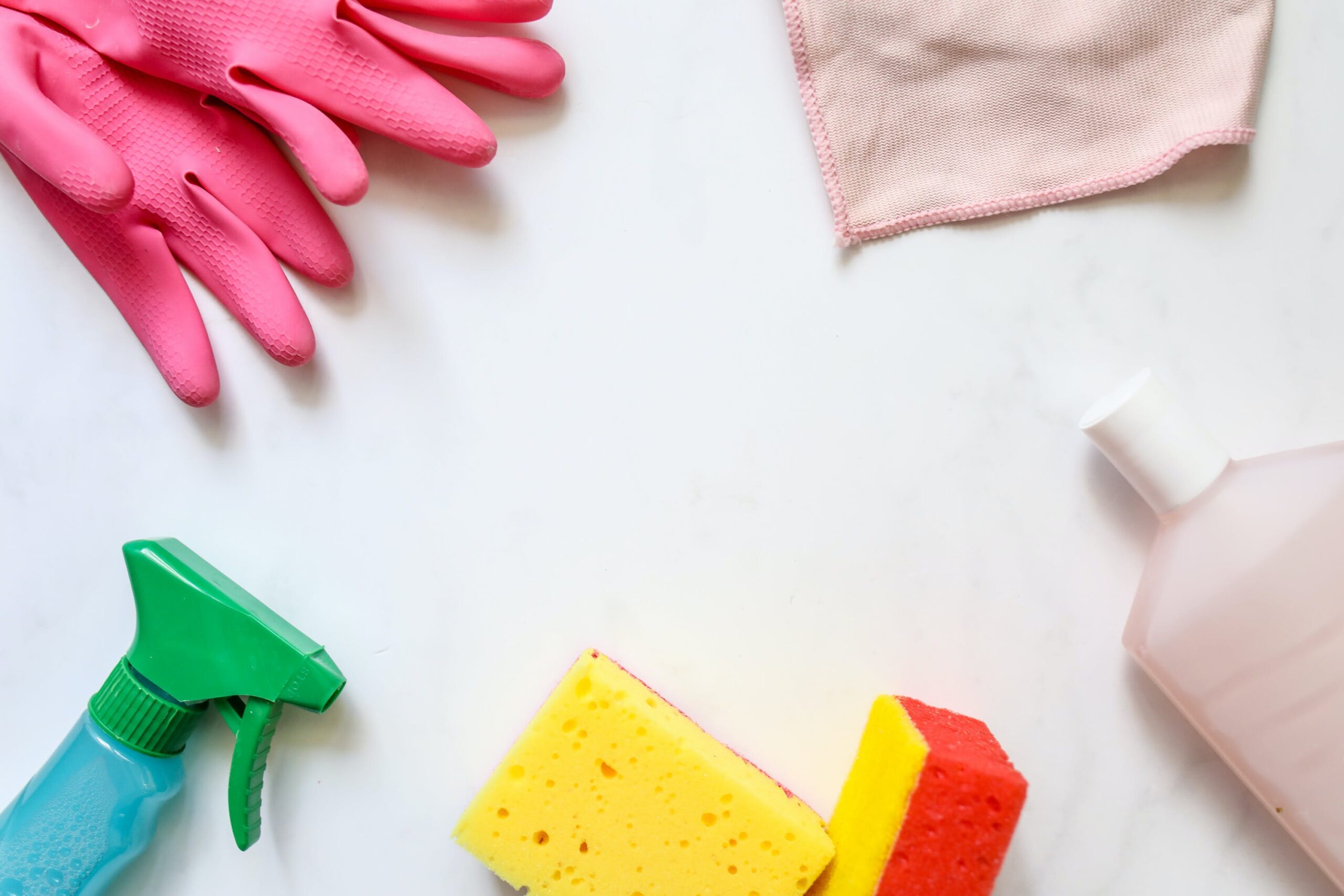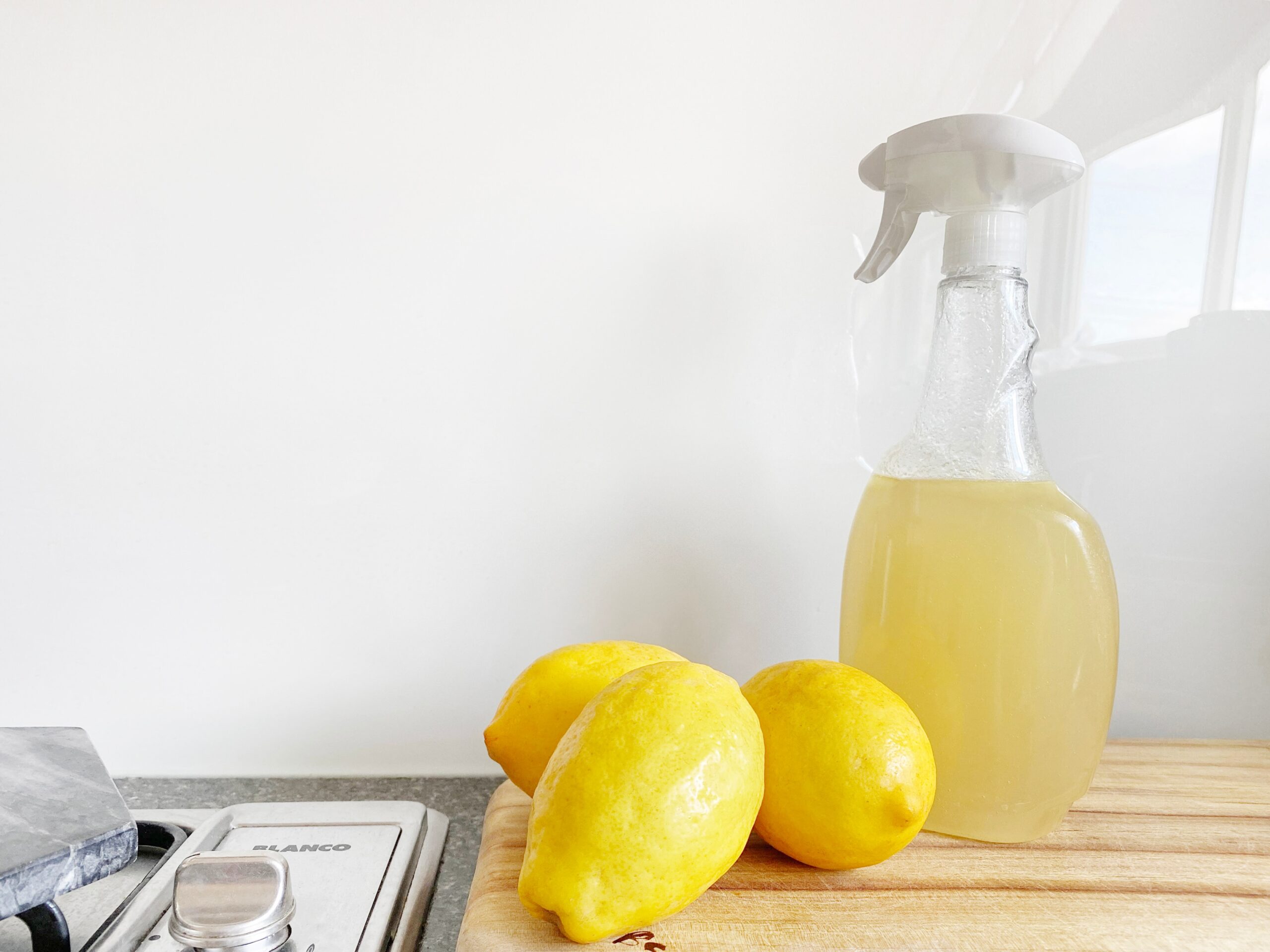Welcome to a journey of conscious pre-pregnancy planning, where the health of both aspiring mothers and their future little ones takes center stage. At Motherhood Center in Houston, Texas, we understand the profound significance of this transformative period in your life. As a beacon of support for over 20 years, Motherhood Center has been a trusted resource for families, offering a wealth of services ranging from prenatal and parenting education to yoga and fitness classes, massage services, baby doula support, and childcare assistance.
In this article, we delve into a crucial aspect of pre-pregnancy wellness – the reduction of chemical exposure. Navigating the complexities of modern living requires a mindful approach, especially regarding potential hazards that could impact fertility and fetal development. Join us as we explore the significance of minimizing chemical exposure both at home and in the workplace, outlining practical steps to create a safer environment.
As advocates for your well-being, we aim to empower you with knowledge that aligns with Motherhood Center’s commitment to fostering healthy pregnancies and nurturing families. Let’s embark on this journey together, with the ultimate goal of safeguarding the health and happiness of both you and your future little one.
Understanding Harmful Chemicals
Knowledge is your greatest ally in pursuing a healthy pre-pregnancy environment. Understanding harmful chemicals and their potential impact on fertility and fetal development is a crucial step in creating a safe haven for your growing family. Let’s explore common culprits, sources of exposure, and hidden risks lurking in everyday products.
Common Chemicals to Avoid
As you embark on your pre-pregnancy journey, it’s essential to be aware of chemicals that could pose a threat to reproductive health. Substances such as phthalates, parabens, and certain pesticides have been linked to fertility issues and developmental concerns. Phthalates, commonly found in plastics and personal care products, are known endocrine disruptors that can interfere with hormonal balance. Parabens, prevalent in cosmetics and skincare items, may also disrupt hormone function. Understanding and avoiding these common chemicals can significantly reduce potential risks.
Sources of Chemical Exposure
Identifying the sources of chemical exposure is a key aspect of creating a safer living space. Everyday items like cleaning products, furniture, and even some types of cookware can harbor harmful chemicals. Additionally, pesticides in conventionally grown fruits and vegetables can contribute to your overall exposure. This section will guide you in recognizing potential sources, enabling you to make informed choices about the products you bring into your home.
Hidden Risks in Everyday Products
Beyond the obvious culprits, hidden risks may lurk in seemingly innocuous products. Fragrances, for example, often contain undisclosed chemicals that can be harmful. Unwrapping the mysteries behind product labels is essential for an informed consumer. We’ll provide insights into deciphering ingredient lists and choosing products that align with your goal of a chemical-free pre-pregnancy environment. By understanding the hidden risks, you empower yourself to make conscious choices that positively impact your fertility and the developmental journey of your future child.
As we navigate the landscape of harmful chemicals, armed with knowledge, we pave the way for a healthier, more informed pre-pregnancy experience. Join us in the next section as we delve into practical steps for achieving a chemical-free haven right in your home.
Benefits of Reducing Chemical Exposure
In the pursuit of a healthy pre-pregnancy lifestyle, the decision to reduce chemical exposure is a powerful choice with far-reaching benefits. Beyond the immediate impact on fertility, consciously minimizing exposure to harmful chemicals contributes to the overall well-being of both parents and the future baby. Let’s explore the myriad advantages of adopting a chemical-free approach on this transformative journey.
Improved Fertility and Reproductive Health
Reducing chemical exposure can have a profound impact on fertility and reproductive health. Many chemicals found in common household products and environmental pollutants are known to disrupt hormonal balance, potentially affecting menstrual cycles and sperm quality. By consciously choosing products free from harmful substances, you create an environment that supports optimal reproductive function.
Positive Impact on Baby’s Neurological Development
The benefits of a chemical-free lifestyle extend beyond conception, directly impacting the neurodevelopment of your future child. Certain chemicals, such as lead and certain pesticides, have been linked to developmental issues in children. Minimizing exposure to these substances during pre-pregnancy lays the foundation for a healthier neurological journey for your baby.
Enhancing Overall Well-being for Parents
Choosing a chemical-free path isn’t just about preparing for pregnancy; it’s a commitment to the well-being of both partners. Many chemicals found in everyday products can contribute to a range of health issues, from respiratory problems to skin irritations. By reducing exposure, you not only create a safer environment for your baby but also enhance your own health and vitality.
As you embark on the journey of pre-pregnancy planning, consider the multifaceted advantages of reducing chemical exposure. From optimizing fertility to ensuring a healthier start for your baby, the benefits extend far beyond the immediate goal. Join us in the upcoming sections as we explore practical steps to incorporate a chemical-free approach into your daily life.
Chemical-Free Living at Home
Creating a safe and nurturing environment at home is a pivotal step in your pre-pregnancy journey. As we delve into the realm of chemical-free living, this section will guide you through practical steps to transform your living space into a haven free from harmful substances. From choosing non-toxic cleaning products to creating a safe nursery environment, let’s embark on a journey toward a home that supports your family’s health and well-being.
Choosing Non-Toxic Cleaning Products
The products we use to clean our homes can significantly impact our exposure to harmful chemicals. In this section, we’ll explore alternatives to traditional cleaning products that often contain harsh chemicals. From all-purpose cleaners to laundry detergents, we’ll recommend effective, non-toxic options that prioritize your health and the health of your future child. Making conscious choices in your cleaning routine is a tangible and impactful way to reduce chemical exposure within the walls of your home.
Creating a Safe Nursery Environment
The nursery is a focal point in the journey toward parenthood, and its environment plays a crucial role in the well-being of your baby. We’ll discuss strategies for setting up a safe and chemical-free nursery, including choosing furniture made from natural materials, opting for organic bedding, and selecting non-toxic paint. By curating a space that is free from harmful substances, you provide your baby with a nurturing and protective environment from the very beginning.
Organic Options for Personal Care Products
Beyond the household, personal care products contribute significantly to our daily chemical exposure. From shampoo to skincare, this section will guide you in making informed choices about the products you use on your body. We’ll recommend organic and chemical-free alternatives that promote a healthier lifestyle. Embracing these alternatives not only reduces your exposure to potentially harmful substances but also contributes to a more sustainable and eco-friendly approach to self-care.
Embark on the journey of chemical-free living at home, where each choice contributes to the well-being of your family. Join us in the next section as we explore the significance of a healthy work environment and how it complements your efforts toward a chemical-free pre-pregnancy lifestyle.
Healthy Habits at Work
As you embark on the journey of pre-pregnancy planning, it is essential to extend your commitment to a chemical-free lifestyle beyond the walls of your home and into your workplace. Your work environment can significantly impact your reproductive health, and understanding and mitigating potential hazards is crucial for a holistic approach to preconception well-being.
Identifying Workplace Hazards
Certain professions and industries expose individuals to chemicals that can have adverse effects on fertility and overall health. Cleaning products, industrial chemicals, and environmental pollutants are common culprits. To create a safer work environment, start by recognizing these hazards. Understand the chemicals prevalent in your workplace, their potential risks, and how they might impact reproductive health. By identifying these risks, you empower yourself to take proactive measures to reduce exposure.
Advocating for a Safe Work Environment
Effective communication is key to fostering a chemical-free work environment. Advocate for change by initiating conversations with your employer or colleagues. This could involve requesting the use of safer cleaning products, addressing ventilation concerns, or raising awareness about the impact of workplace chemicals on reproductive health. Being an advocate for your well-being at work not only benefits you but also contributes to a healthier workplace culture that prioritizes the long-term health of all employees.
Balancing Work Responsibilities and Health
Maintaining a healthy work-life balance is crucial during pre-pregnancy planning. High levels of stress and an imbalance between professional commitments and personal health can impact fertility. Explore practical tips for managing stress, incorporating healthy habits into your workday, and finding the equilibrium between work responsibilities and personal well-being. Striking this balance is not only vital for your reproductive health but also contributes to a positive and supportive work environment.
Embark on the path of cultivating healthy habits at work, where your professional life becomes a harmonious extension of your commitment to a chemical-free lifestyle. Join us in the next section as we explore the crucial role of mindful nutrition in pre-pregnancy health and how it contributes to your overall well-being.
Mindful Nutrition for Pre-Pregnancy
As you prepare for the beautiful journey of parenthood, nurturing your body with mindful nutrition becomes paramount. The foods you choose play a vital role not only in your overall well-being but also in optimizing your fertility. Let’s delve into the essentials of mindful nutrition for pre-pregnancy, focusing on the significance of organic and whole foods, strategies to minimize exposure through dietary choices, and understanding the profound impact of proper nutrition on fertility.
Embracing Organic and Whole Foods
Organic and whole foods form the cornerstone of a nourishing pre-pregnancy diet. By choosing organic produce, you reduce your exposure to harmful pesticides and synthetic fertilizers, fostering a cleaner and more supportive environment for conception. Whole foods, rich in essential nutrients, contribute to overall health and create a fertile foundation for pregnancy. As you navigate the aisles of your grocery store, consider incorporating a variety of fruits, vegetables, whole grains, and proteins into your diet to ensure a well-rounded and fertility-boosting nutritional intake.
Minimizing Exposure Through Smart Dietary Choices
Mindful nutrition extends beyond selecting organic options; it involves making smart dietary choices that minimize exposure to potentially harmful substances. Processed foods, often laden with additives and preservatives, can adversely affect reproductive health. Dive into the art of label reading, unraveling hidden ingredients, and making intentional decisions that align with your goal of a chemical-free pre-pregnancy journey. By prioritizing whole, unprocessed foods, you not only enhance fertility but also set the stage for a healthy and vibrant pregnancy.
Nourishing Fertility with Proper Nutrition
Understanding the intricate connection between nutrition and fertility is key to optimizing your reproductive health. Certain nutrients play pivotal roles in hormonal balance and overall reproductive function. From essential vitamins and minerals to the impact of a well-balanced diet on menstrual cycles, explore the science behind nutrition and fertility. Armed with this knowledge, you can tailor your dietary choices to actively support your body’s natural processes, increasing your chances of a healthy conception.
Conclusion
In the pursuit of a chemical-free and holistic pre-pregnancy journey, we’ve explored essential aspects that contribute to your overall well-being and the health of your future family. From understanding harmful chemicals and creating a safe haven at home to fostering a healthy work environment, and embracing mindful nutrition– each step plays a vital role in preparing for the beautiful experience of parenthood.
As you embark on this transformative journey, remember the power that lies in your choices. By reducing chemical exposure, adopting mindful nutrition, and cultivating a supportive lifestyle, you not only enhance your fertility but also set the stage for a healthier pregnancy and a vibrant family life.
At Motherhood Center in Houston, Texas, we stand as your dedicated partner in this incredible adventure. For over two decades, we have been a beacon of support for families, offering a wealth of services from prenatal and parenting education to yoga, fitness, massage, and childcare assistance. To explore our comprehensive prenatal and postpartum resources, and to receive personalized guidance on your unique preconception journey, we invite you to contact Motherhood Center today.
Your journey to parenthood is unique, and at Motherhood Center, we are here to provide the care, support, and resources you need to make it a joyous and healthy experience. Contact us now and take the next step towards a thriving pre-pregnancy and a future filled with the joys of motherhood.
FAQs
Can household cleaning products affect fertility?
Yes, some household cleaning products contain harmful chemicals such as phthalates and parabens, which are known to disrupt hormonal balance and can impact fertility. Choosing non-toxic alternatives is advisable for a chemical-free pre-pregnancy environment.
How can I identify hidden risks in everyday products?
To identify hidden risks, carefully read product labels. Fragrances, for instance, may contain undisclosed chemicals. Opt for products with transparent ingredient lists, or explore organic and chemical-free alternatives for a safer pre-pregnancy lifestyle.
Are there specific foods that can enhance fertility?
Yes, incorporating organic and whole foods into your diet can positively influence fertility. Foods rich in essential nutrients, such as fruits, vegetables, whole grains, and proteins, provide a solid foundation for reproductive health.
What steps can I take to advocate for a safer work environment?
Initiating open communication with employers is crucial. Discuss concerns about workplace hazards, request the use of safer cleaning products, and raise awareness about the impact of workplace chemicals on reproductive health. Being an advocate contributes to a healthier work culture.
How can stress impact fertility, and what are effective management techniques?
Stress can negatively affect fertility by disrupting hormonal balance. Effective stress management techniques include mindfulness, yoga, and relaxation exercises. Cultivating a balanced work-life routine and incorporating self-care practices can significantly reduce stress levels during pre-pregnancy planning.






